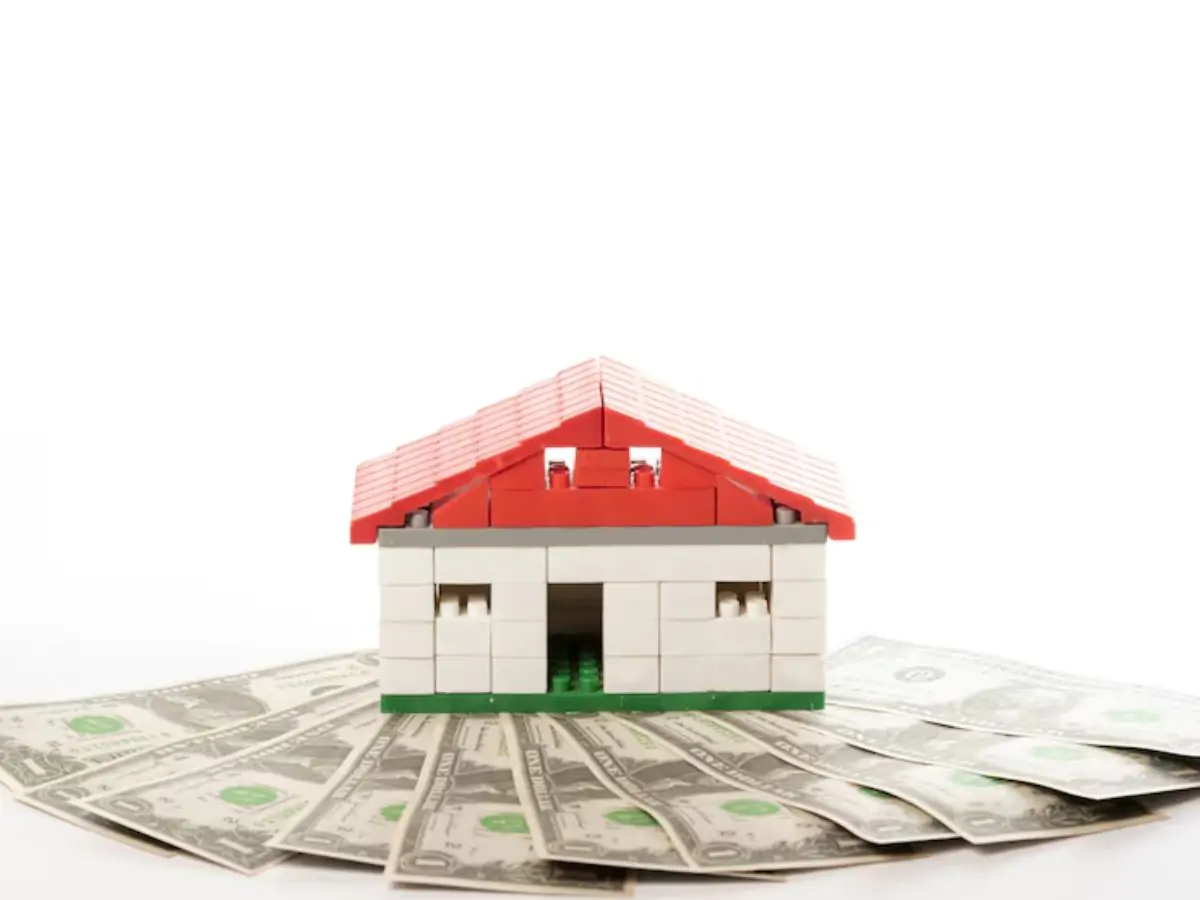
Top 5 States with the Most Expensive Property Taxes
Homeownership in the United States comes with its fair share of expenses but few are as unavoidable—and sometimes as frustrating—as property taxes. For some homeowners, these taxes amount to thousands, if not tens of thousands, of dollars every year.
While property taxes help fund essential services like schools, infrastructure and emergency services, they also add a painful financial burden in states where rates are exceptionally punishing.
Unlike federal income taxes, which are based on earnings, property taxes depend on the assessed value of a home and the land it sits on. This means that even if you fully own your home, the tax bill remains an annual obligation.
Tax rates vary widely across the country with some states and municipalities charging far more than others. So where are homeowners paying the most? Let’s look at the five states with the highest property tax burdens.
1. New Jersey
New Jersey has regularly held the top spot for the highest property tax rates in the U.S. The average tax rate in 2024 was a staggering 2.46%, according to Maptive.
- Median home value: $531,559
- Median property tax paid: $9,137
Homeowners in Bergen, Essex and Morris counties feel the brunt of this tax burden. Residents of Mendham Township in Morris County face an average tax bill of $20,297 while homeowners in Millburn (Essex County) pay a hefty $25,415. Even in Demarest (Bergen County), property taxes hover around $24,741, according to the NJ Division of Taxation.
2. Illinois
Illinois ranks second on the list with an average property tax rate of 2.29%. The state’s property tax burden is among the highest in the Midwest and shows no signs of slowing down.
- Median home value: $257,800
- Median property tax paid: $4,506
Peoria and Rockford lead the way in terms of the highest property taxes in the state, according to SmartAsset. With its deep pension obligations and ongoing budget concerns, Illinois residents continue to be inflicted with a heavy tax load.
3. Connecticut
Connecticut follows closely behind with an average property tax rate of 2.16%.
- Median home value: $422,721
- Median property tax paid: $6,556
The past decade has seen huge property tax increases across Connecticut, according to ValuePenguin. Homeowners in Bridgeport, Stamford and Norwalk are among those facing some of the steepest bills.
4. New Hampshire
Despite its lack of a state income tax, New Hampshire ranks among the highest property tax states, with an average tax rate of 2.09%.
- Median home value: $483,135
- Median property tax paid: $6,598
With a relatively small population of 1.4 million, New Hampshire’s high property tax rates help compensate for the absence of broad-based sales and income taxes. However, soaring home values and limited housing inventory continue to push tax bills higher.
5. Texas
Rounding out the list, Texas imposes an average property tax rate of 1.90%.
- Median home value: $297,041
- Median property tax paid: $5,384.56
Texas has no state income tax, but the high property tax rates make up for lost revenue. The issue has become a major political topic, with 50% of homeowners calling for the state’s $24 billion budget surplus to be directed toward property tax relief, according to a University of Houston survey. Governor Greg Abbott has labeled property tax cuts an “emergency item,” but legislative action is uncertain.
Why Property Taxes Matter
Property taxes are the main source of revenue for state and local governments. They fund essential services like schools, emergency response, road maintenance and public infrastructure. However, the variation in tax rates across the country means that homebuyers must consider more than just the price of a property: long-term tax obligations can heavily influence affordability.
Understanding Your Property Tax Bill
Property tax bills are determined by local government assessors who evaluate a home’s market value. Tax rates are then applied based on funding needs for local services. Homeowners can legally lower their tax bills through exemptions for veterans, senior citizens, clergy and disabled individuals.
If a property owner believes their assessment is too high, they can challenge it—but there’s no guarantee it will be lowered. New homeowners, in particular, may find themselves locked into tax rates that reflect their purchase price, plus any appreciation.
The Cost of Late Payments
Beyond the high rates, homeowners must also make timely payments. Late payments can result in penalties, liens on the property or even foreclosure in extreme cases. Some municipalities offer early payment discounts, which can provide slight relief for those able to pay ahead of schedule.
As property taxes continue to rise in these states, many homeowners are left wondering: will relief ever come? For now, it remains a crucial factor for anyone looking to buy a home in high-tax regions.



